Looking in on Our Neighbors with Rear Window
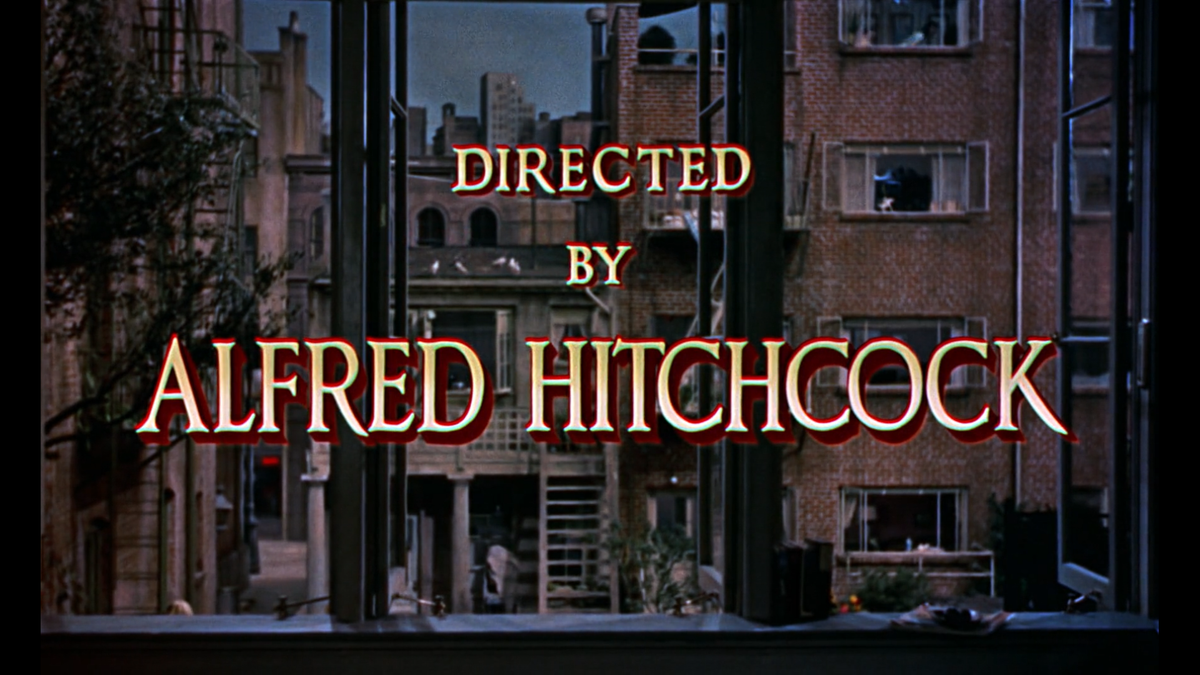
Note: I previously published this and updated it, but I kept the date and the mention of watching this via Fathom
70 years ago Hitchcock released what is my personal favorite of his movies, Rear Window. It is a captivating crime thriller that presents the question of do we know our neighbors and importantly, do we want more of a peek into their world? Rear Window manages to make the most of what are actually limitations in order to create a compelling, and often hilarious, mystery. It shakes some of the dark tones that Hitchcock embraced with movies like Psycho and The Birds, but still brings his style.
If you haven’t seen it Rear Window follows LB “Jeff” Jefferies, played by James Stewart. Jeff is a photographer who was injured during his last job, has a broken leg, and is wheelchair bound. He is starting his last week in the cast during a heat wave. Due to boredom Jeff has become somewhat of a Peeping Tom, keeping watch of all the neighbors in their shared apartment complex. He even gives them nicknames and is quite curious and stays up to date with their goings on. Two of his neighbor’s are a salesman and his bedridden wife. One night Jeff hears a scream and begins to watch the salesman more closely. The man begins to leave the apartment in the middle of the night multiple times. This leads Jeff to believe there is only one possible conclusion, the man killed his wife.
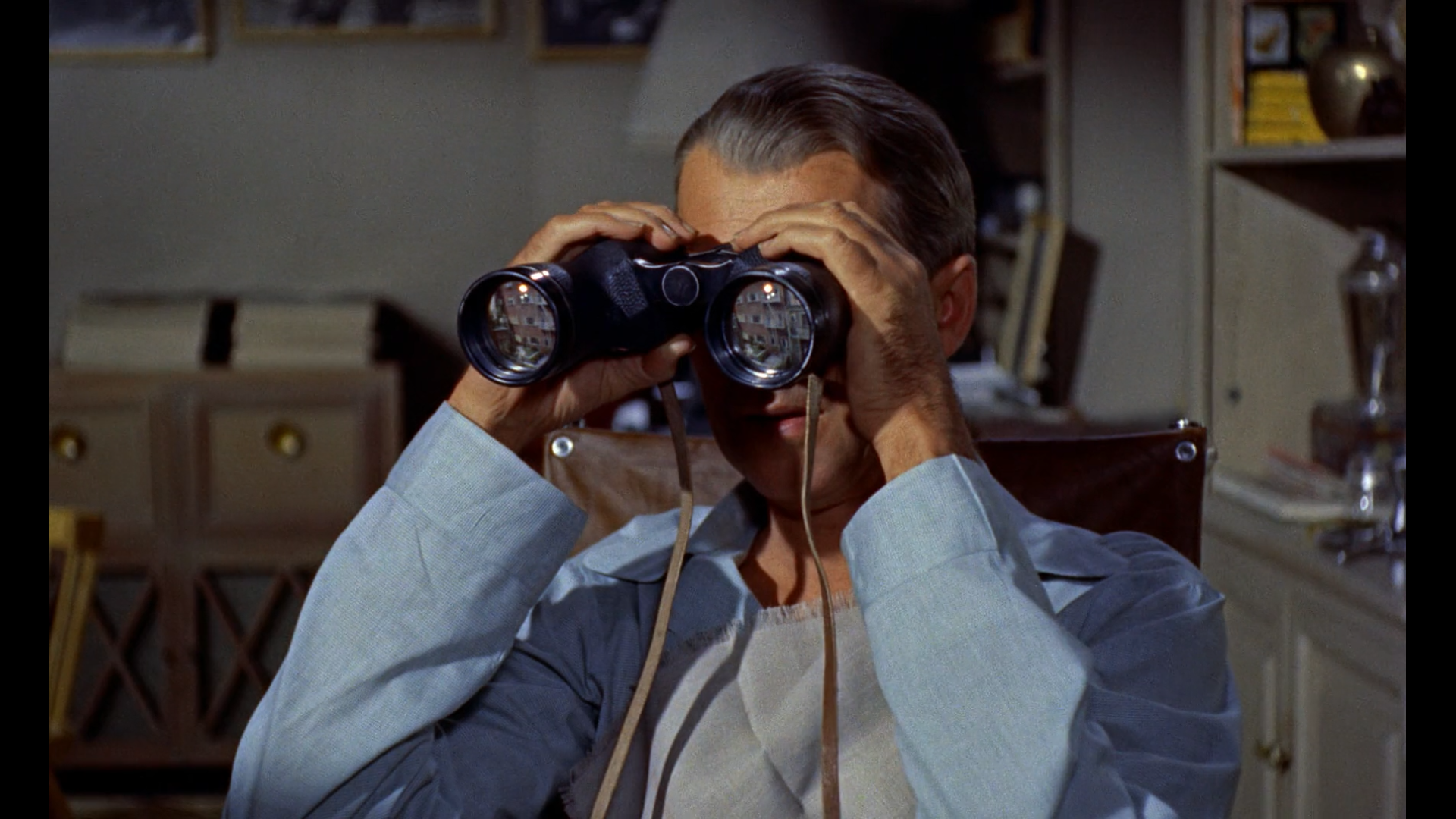
As the movie unfolds Jeff gets his girlfriend Lisa, Grace Kelly, and nurse Stella, Thelma Ritter, involved in his suspicions. He even calls his old friend who is now a detective to get involved too. Stella and Lisa both resist Jeff’s suspicions, but eventually even they believe him and want to become more hands on, while Jeff’s detective friend remains unconvinced.
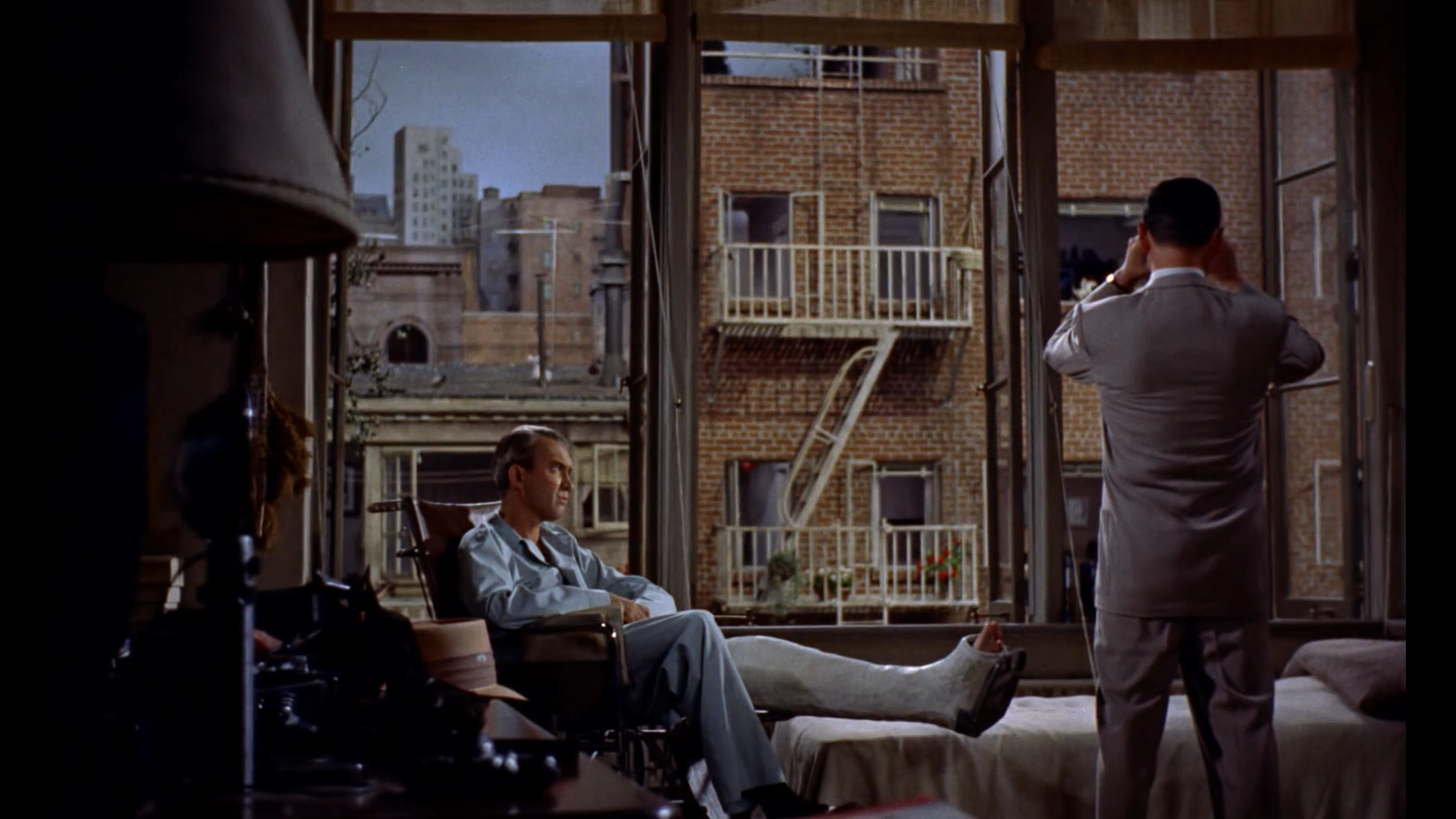
The movie plays out much like many mysteries, but the limitation on what Jeff can do adds a different element to it. Jeff cannot move around, gather evidence, or even confront the man. Instead he, and thus the audience, are stuck just watching. Jeff gets enough of a view into the man’s life that his theory seems solid, but without being able to do much more it limits progress and helps to keep the mystery going.
At one point even Jeff and Lisa begin to doubt their own suspicions, but more unfolds making it seem impossible that anything but a murder has taken place.
The limitation of sticking the audience as an observer works really well. It makes it harder for the characters, and thus us, to figure out exactly what is happening and builds up tension. Jeff has a seemingly impossible task, find a way from a wheelchair to prove a man committed a murder while the man is clearly trying to leave the area. It also leaves a lot of questions for Jeff, and thus us, making it hard to feel like you ever have a true grasp of what is happening.
It adds to the suspense as well, because Stella and Lisa do leave the apartment to help Jeff, but we the audience are stuck with him helplessly looking on while they are in danger. It is tense and terrifying to truly understand how useless Jeff is when there is real danger.
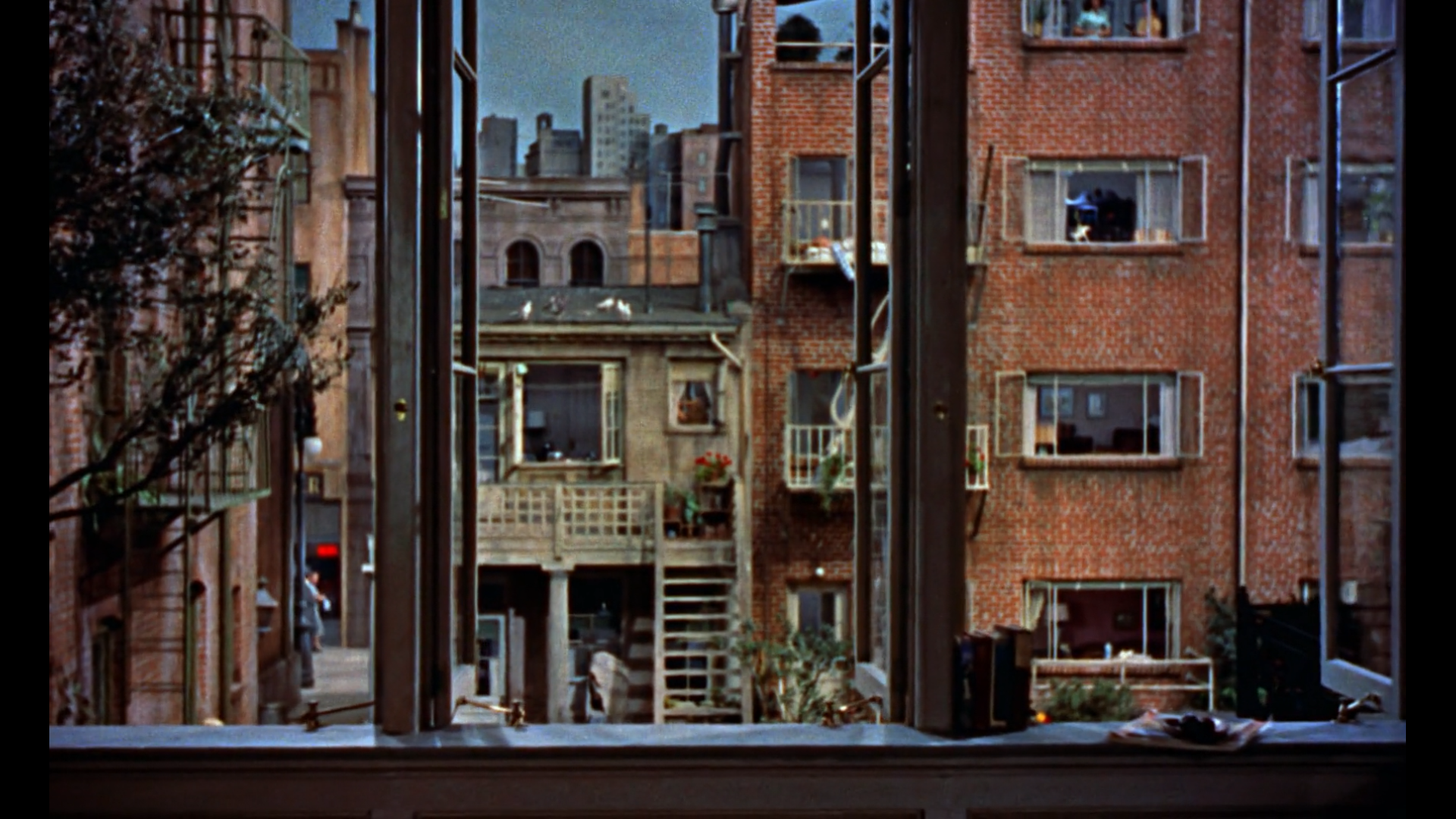
And true to Hitchcock himself, he pulled no punches when filming. He had the entire apartment complex built truly putting us in Jeff’s apartment looking out. There is no simple smashing of different locations together, we are in the complex as Hitchcock envisioned it. There is also great use of lighting and different camera lenses. Jeff has to try to keep himself hidden, often putting him and the other characters in the shadows. We also get moments where most of our vision is just shadows or even at a few moments just a tiny peek of light.
Jeff also uses things like binoculars and a long camera lens to do his peeping. What Jeff sees the audience does, we are Peeping Toms with him and get the same vision he would, from the limited scope to even rounded edges on the film.
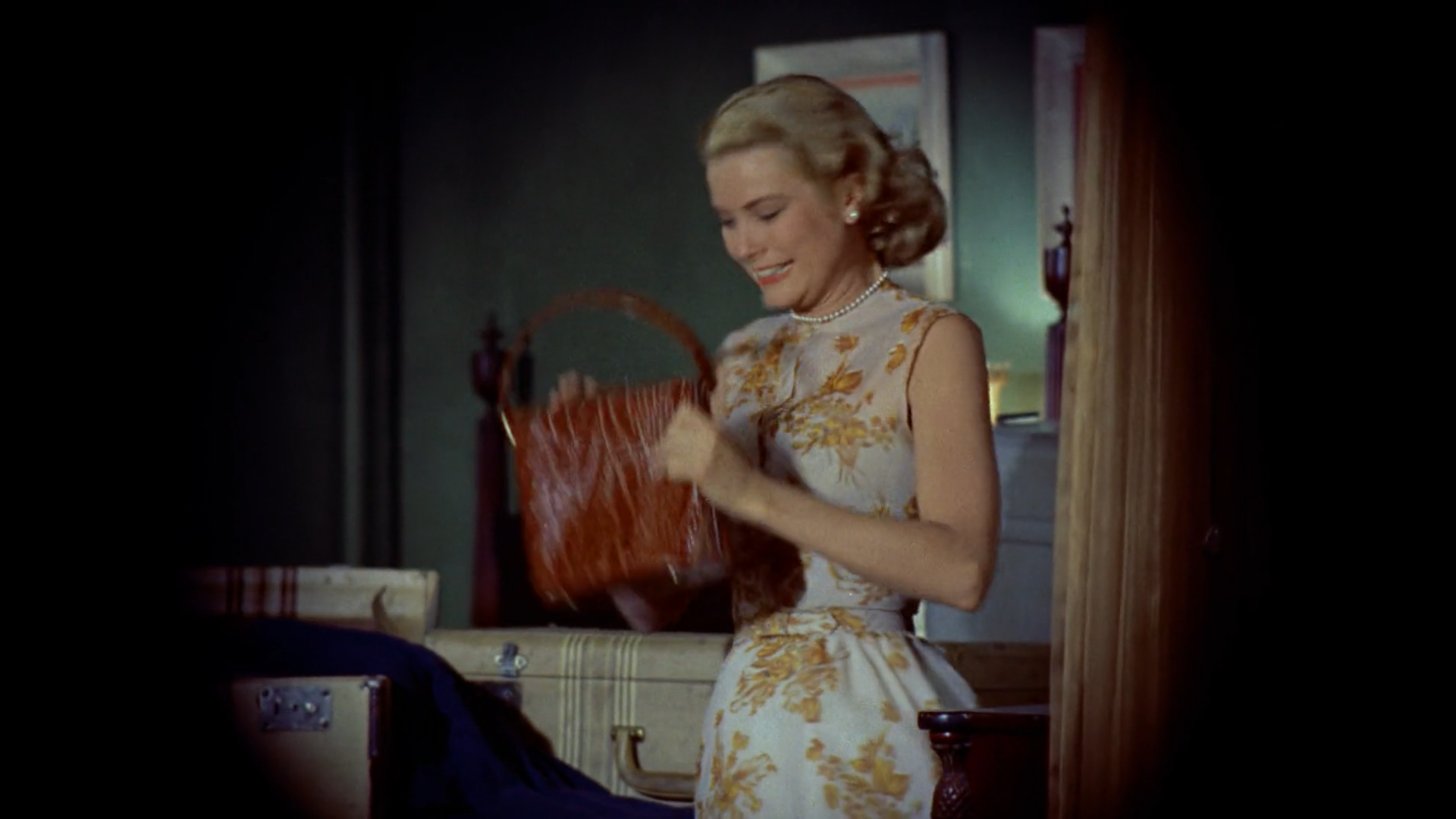
The movie also does and impeccable job of creating truly unforgettable characters that despite our limited interaction with them we seem to care. Yes Jeff, Lisa, and Stella are all wonderful and three of my favorite characters of any movie, but it’s not just them. We watch a composer struggling to write, a lonely woman who nearly ends it all, and several others. We get just small tiny pieces of these characters that manages to build an impact so that we truly want a happy ending for them. While Jeff does uncover something horrible and you can talk about violating privacy, there is something to the fact that simply, but by paying closer attention than we normally do, Jeff is able to uncover so much about these neighbors he never likely cared much for. But of course that comes with the horrible realities too.
There are a few moments, especially with the climax, that have shown age. And some of the jokes and story lines are a little shaky. But it is a movie from 1954 so…
But I also think once again the limitations on Jeff and the narrative helped in that aspect too. There isn’t a lot of bold cinematography like with Vertigo, the movie is pulled in because Jeff is. I actually think this helps a lot in terms of aging. I also find limitations on great people too often bring compelling results. We have a full mystery with a great cast of characters, all while we are stuck in a chair with James Stewart.
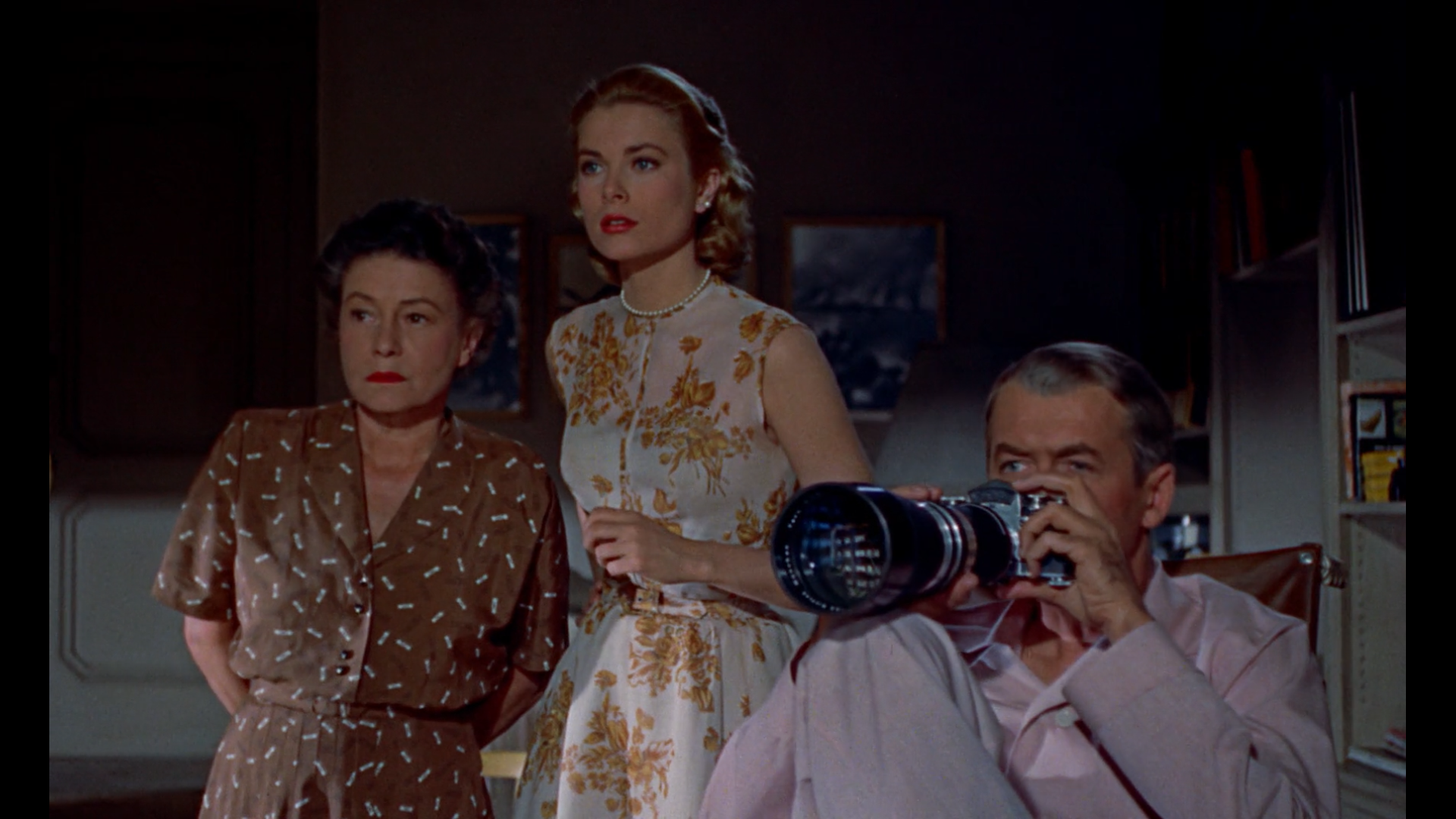
If you haven’t seen Rear Window I cannot recommend it enough. It brings a whole lot to the table. It’s delightful and charming at moments, has some great humor, the mystery is pretty compelling, and it does all this without entirely losing tension and suspense. It is also just a unique take on the crime thrillers that we are used to seeing. The limitations end up making it stand out and make the movie memorable. If you have seen it, watch it again, it’s a great one to go back to. I have a wonderful time every time I see this movie and often pick up on new things while joining Jeff in peeping at his neighbors.
And yay for Fathom events because my latest rewatch was on the big screen and it was fantastic!

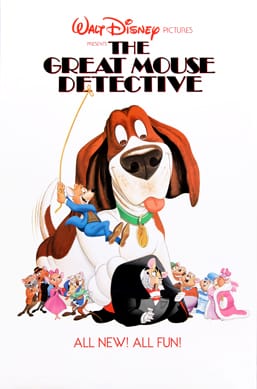
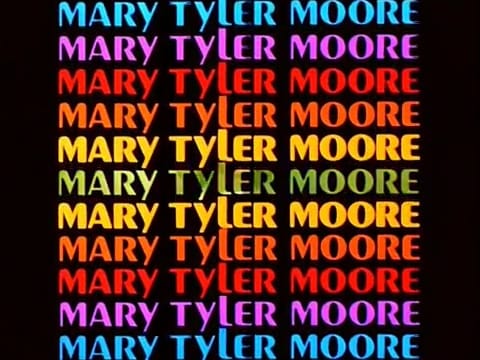
Comments ()